Arbeit Macht Frei (Work Sets You Free)
History. By way of it, we study the triumphs, failures, greatness, and destructiveness that the human race has accomplished. In every place I have visited, I have seen the remnants of all of these characteristics of history. In southern Germany, you can see all the splendors of the Wittelsbach Dynasty at the Residenz Palace in Müchen and the atrocities of the Third Reich at the concentration camp in Dachau.
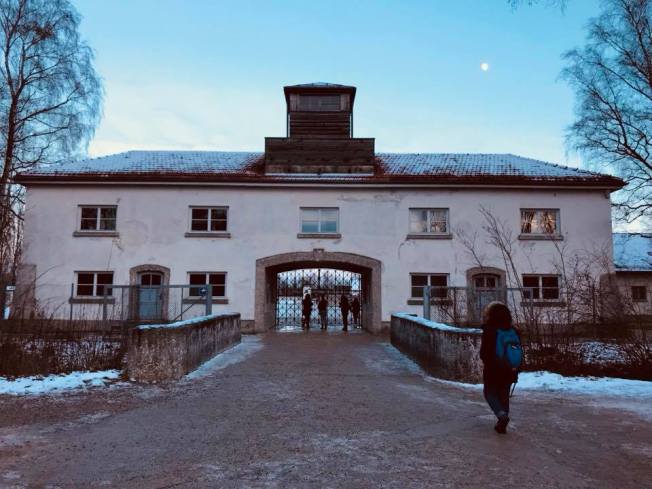
On March 22, 1933, the Third Reich, under the leadership of Adolf Hitler, opened their first concentration camp. At first, Dachau was to be a prison for political opponents, designed to exterminate any resistance to the new regime. However, over its twelve years of operation, it enslaved persons of various nationalities, Jews, homosexuals, and emigrants. When prisoners arrived at Dachau, there was only one certainty – hopelessness.
The second you step off the bus at Dachau, you feel it. You become overwhelmingly aware of the pain and torture that was inflicted there. As you walk to the main entrance of the camp, you are forced to open the gate the prisoners were once herded through. Inscribed on the iron bars that seal off the camp is the masochistic phrase “ARBEIT MACHT FREI” (“work sets you free”). The gate clangs shut behind you. It is quiet, essentially silent. But in the silence, you can hear the SS officers screaming and their dogs barking at the prisoners.
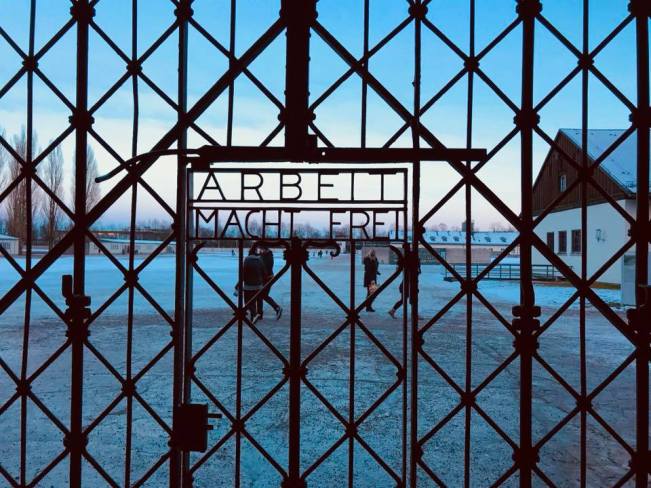
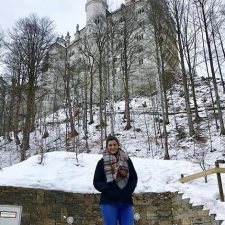
Alexa Turner
Paris-Munich Winter
Eastern Kentucky Univeristy
Want to go on this program?
As you walk the grounds, you are overcome with a sense of darkness. There is darkness as you walk through the main house that the prisoners were forced to build themselves. You sense it again as you walk through the barracks as you look at the rows of bunk beds that were once overcrowded with starving and sickly prisoners.
However, you do not fully understand just how cruel humans can be to one another until you see the Krematorium. You walk into a brick building topped with chimneys. Inside, you stand in front of ovens that were once fired, their sole purpose to dispose prisoners’ bodies.
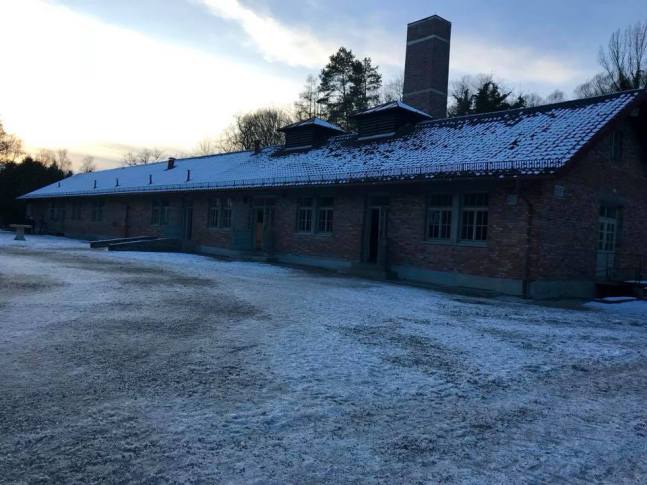
As you leave, you see the monuments that have been erected overtime to commemorate those who were executed and those who survived. These beautiful places of remembrance mark the mass graves and ashes of unknown prisoners. Then you realize that, for us, it’s different. We are on this side of history. We know the ending of the story. We get to walk out of the gates, never having to have experienced the awfulness that happened inside. It is humbling.
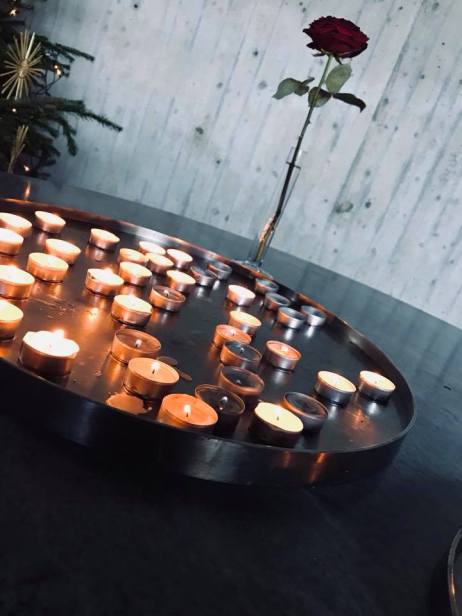
Traveling to another country allows you to discover a simple truth. As human beings, we are more alike than we are different. You will never forget the lesson that Dachau teaches you. It is our responsibility to treat others with respect, to see past the differences, and to ensure that something like this never happens again.
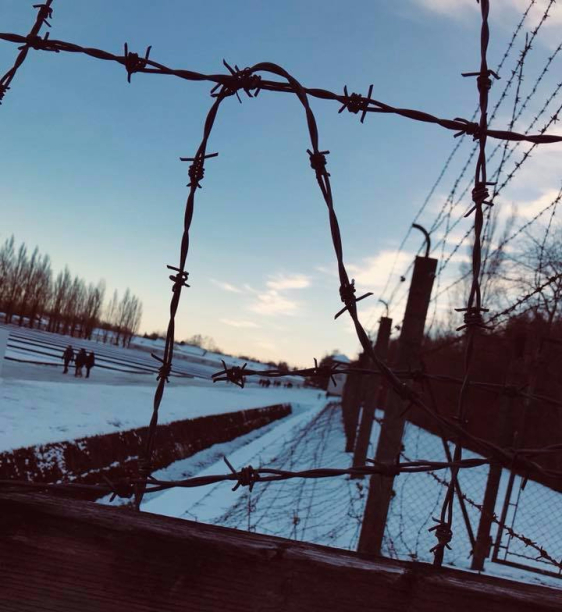
“We promise you holy souls that we will not forget you; you are a part of our fractured being. An eternal light will always burn for you in our hearts.” – Rabbi David OBM, Dachau Concentration Camp Survivor, excerpts from the dedication of the Catholic Mortal Agony of Christ Chapel (May 1967).

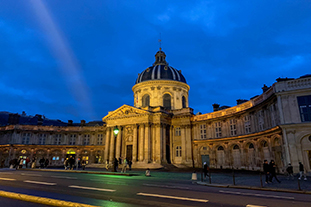
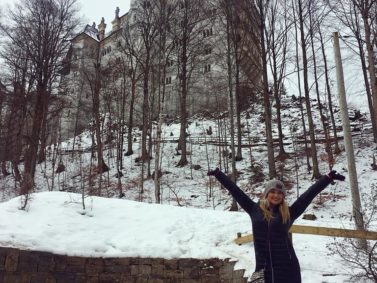
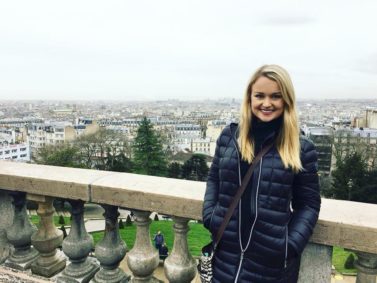
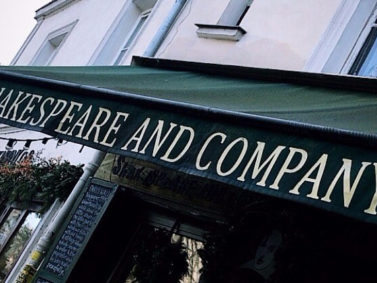
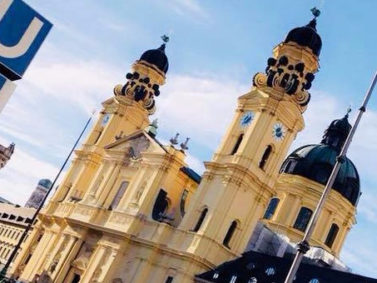
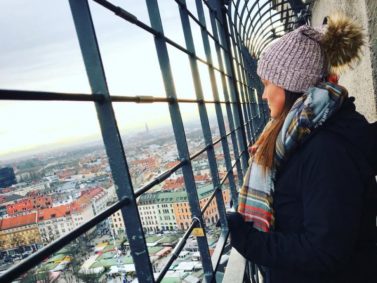
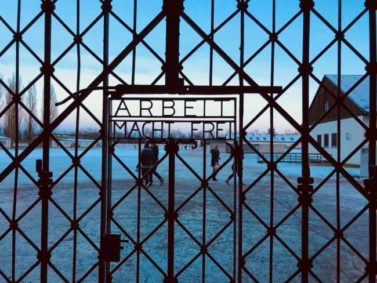
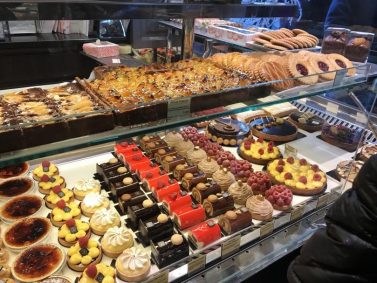
This Post Has 0 Comments